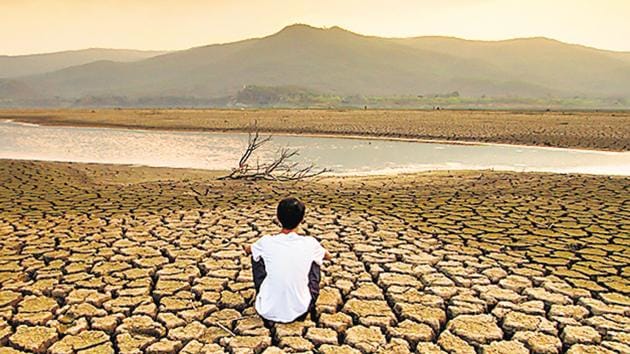
Natasha (last name withheld on request), 35, has an autoimmune disease that puts her at higher risk for Covid-19. So, for five months, she stayed indoors at her home in Bengaluru, working remotely with the fintech company where she is a team leader.
As the virus raced around the globe, she didn’t feel particularly adventurous and wasn’t interested in taking any chances. What she did crave, though, was contact.
Her live-in partner was in Kerala for work in March and was unable to return across the closed state borders for nearly five months. “Two weeks in, I started craving some warmth,” she says. “I don’t know how to describe it, but I needed something that was not the cold contact of a china mug or the insulation of a blanket. When my partner came home, he had to spend another two weeks in quarantine and finally, when I hugged him, it was such a relief!”
What Natasha’s describing is called skin hunger or touch deprivation.
“The craving for touch is a survival trait. We, as human beings, are born in such a state of immaturity that we have no ability to take care of our own needs,” says Kory Floyd, a professor at the University of Arizona’s department of communication. He released a study — Heritability of Affectionate Communication, published in the journal Communication Monographs in April — suggesting there could be a genetic component to how affectionate we are, and additionally positing that those programmed to need to give and receive more affection could be struggling with skin hunger to a greater degree in the pandemic.
“Touch equals survival for us as infants. If we don’t have someone touching and helping to meet our needs, then we don’t survive,” Floyd says. There are few substitutes for human touch — a pillow or a pet comes closest. Floyd calls both “imperfect, but better than nothing”.
When we feel a positive touch or a hug from someone we have bonded with, it triggers the releases of the hormone oxytocin — also called the “love hormone” or “cuddle hormone” for this reason — which leaves you feeling peaceful and contented, and has been shown to also reduce feelings of anxiety and fear.
If you are in the habit of your brain releasing this cuddle hormone on a regular basis — if you are affectionate and in a loving relationship, whether with a parent, child, partner or pet — the lack of it will cause a craving. That’s what skin hunger is.
Dr Paulomi Sudhir, professor of clinical psychology at the National Institute of Mental Health and Neurosciences (NIMHANS), says it’s important to feel that rush, if you safely can, but the lack of it is unlikely to cause any long-term damage.
“Touch deprivation in the context of Covid-19 is not the touch deprivation of, say, a child deprived of their parents. The absence of both physical and emotional touch early in life can result in traumatic experiences, stress, and anxiety. However, this occurs over a considerable period of time,” Dr Sudhir says. “The deprivation in the Covid context is better understood as associated with reduced chances of infecting or being infected. In that sense it is different from deprivation seen in extremely difficult developmental contexts that results in lasting negative impacts.”
Sign on to read the HT ePaper epaper.hindustantimes.com